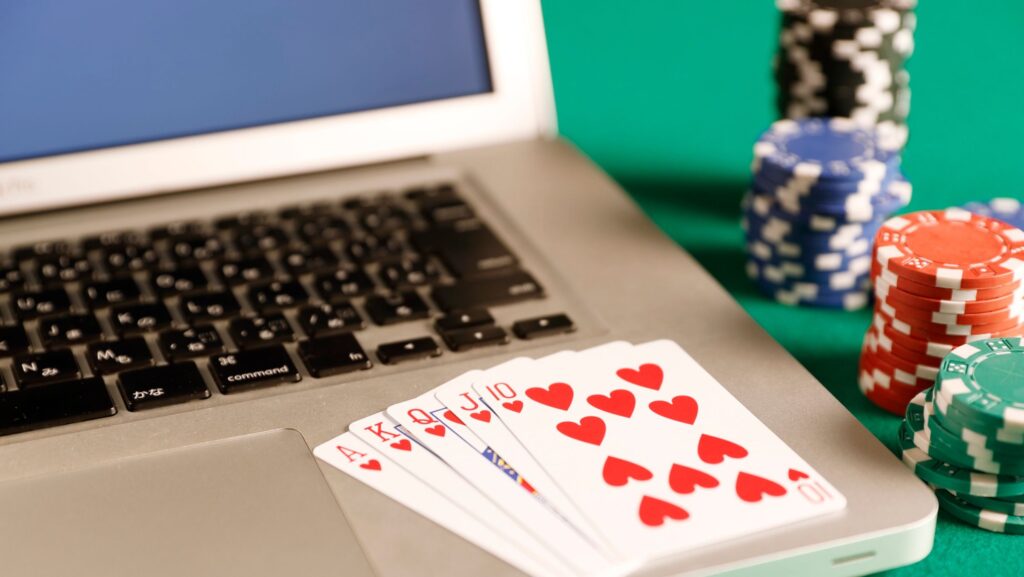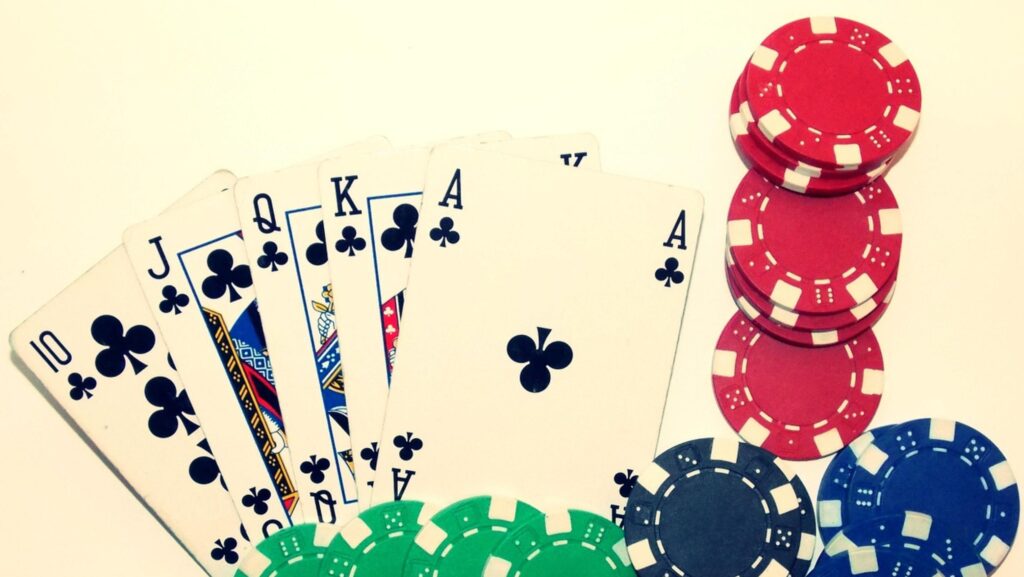Online King of the Court social blackjack has become an incredibly fast-growing phenomenon that’s particularly attracting millions to this online game. just looking to have a good time for free. And these platforms let you take part in real blackjack games while learning the correct strategy and avoiding expensive mistakes.
Yet lots of players continue to needlessly screw up, decreasing their odds of winning and overall fun in the process.
By knowing what not to do, players can help themselves become better at a game and make better decisions. The virtual online sweepstakes games are an excellent place to learn your blackjack strategy as well, without the risk of losing money. Players utilize this to explore and test game-play mechanics, build their confidence, and apply what they have learned in other settings.
Basic Strategy Violations and Their Consequences
The biggest mistake in social blackjack, however, is a simple one: Players don’t follow basic strategy charts, which dramatically improve player decision-making mathematically. These tables offer the best solutions for each possible hand combination vs the upcard the dealer may have. Many players rely on their instinct or gut feel rather than statistically proven guidelines.
Mistakes with Soft Hands The most common mistake is not realizing how much freedom aces give you. Soft 18 vs. dealer 9, 10, or ace is one of the most commonly misplayed hands in blackjack. This counterintuitive move enhances the overall return, but it runs against the conservative instincts of many players.
Common basic strategy errors include:
- standing on stiff 12-16 versus dealer 7-up;
- hitting soft 18 vs. dealer 2-6;
- splitting 10s against any upcard;
- doubling soft hands incorrectly;
- insurance bet acceptance.
Double-down opportunities often get wasted when basic strategy confidence is low. Players shy away from doubling 11 against a dealer 10 or ace, despite the math favoring them. These lost opportunities add up and will ultimately cause failure.
Emotional Decision-Making Pitfalls
Feelings about the past significantly affect decisions in the future, including social interactions. Gamblers reeling after some losses are likely to play more aggressively in order to recoup their losses. The chasing of the game leads to terrible double-downs and splits. Emotional mistakes manifest as:

- strategy deviation after losses;
- overconfidence during win streaks;
- revenge betting patterns;
- impatience with basic strategy;
- superstitious decision influences.
In multiplayer settings, peer pressure may lead players to make bad decisions. A correct basic strategy play may be critiqued by other players, leading to peer pressure to make popular but incorrect decisions. It takes confidence and knowledge to stand in agreement with mathematically correct decisions.
Bankroll Management and Control issues
Another big group of social blackjack errors is tied to poor session management. Individuals tend to gamble longer than intended, especially after periods of losing. That lack of discipline leads to longer sessions, which increases variance and decreases fun.
Players lose a sense of time during very active gameplay. As time goes on, fatigue becomes a bigger problem for those who are fighting to make decisions with clarity. Mental fatigue causes a player to make mistakes in fundamental strategy and even emotional decisions.
Many players do not decide on a goal before starting social blackjack. There are no win, lose, or draw-time targets, meaning games float directionless. Setting a goal for yourself gives you a framework where you can focus on making the right decision.
I think you need to be able to honestly analyze and watch yourself, learning from your mistakes instead of getting too defensive about everything you are doing right. There are many social blackjack platforms that provide a great practice opportunity without any risk of loss, and with skills that can be applied elsewhere.



